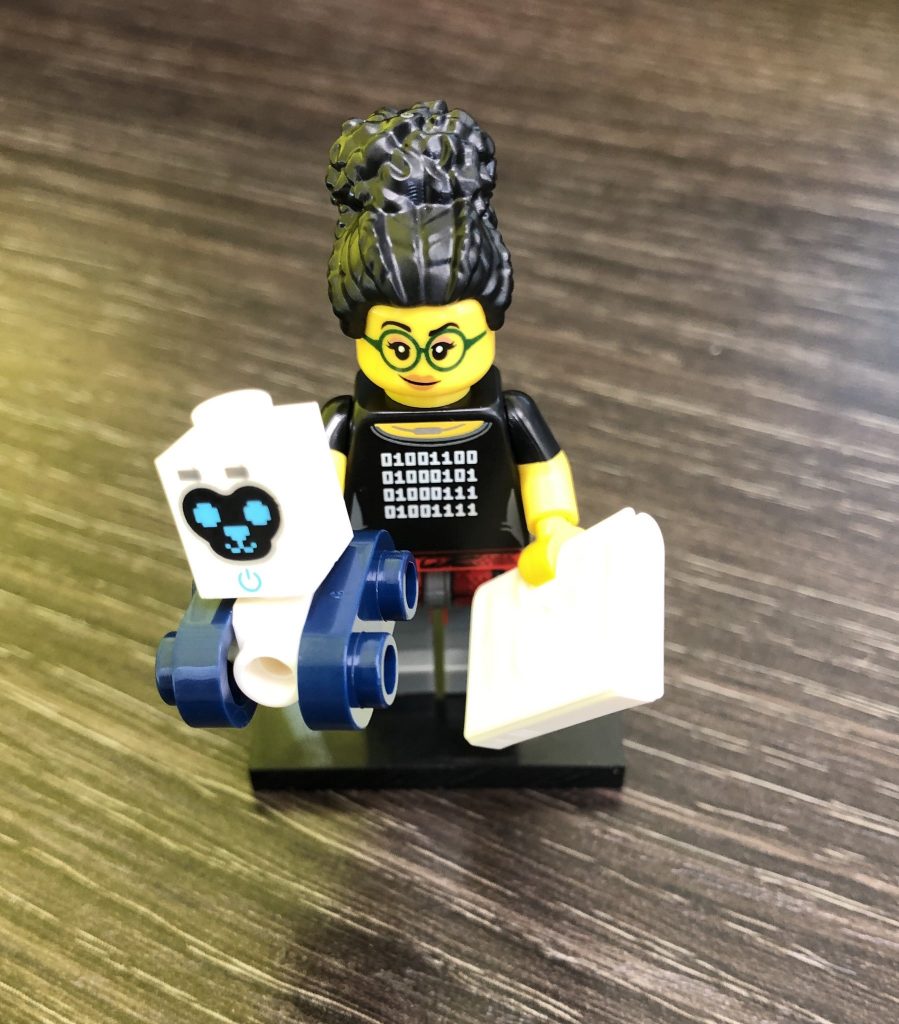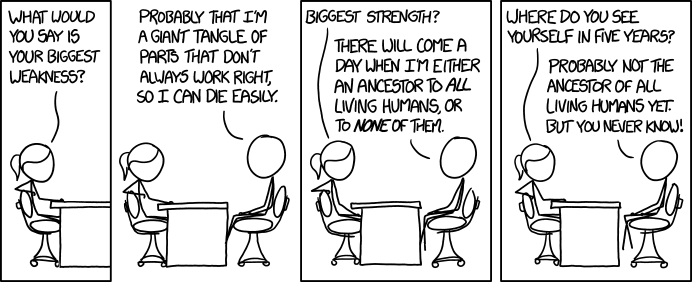What does this even mean and why are people putting it on their CVs? 🙂
Towards the end of 2020 I was lucky enough to be hiring for several new positions in my team1. Given the times that we are in, there are many more applicants for roles than there was even a year ago. I’ve spoken before about the skills that you need to get a role as a data scientist and there are specific things I expect to see so I can judge experience and competency when I’m looking at these pieces of paper so I can decide who I want to interview.
Sadly I’m seeing a lot of cringeworthy things on CVs that are the fastest way to put a candidate on the no pile when they reach me. These things might get you past HR and also past some recruitment agents, and I wonder if this is why candidates do them. I try and give as much feedback as I can, although sometimes the sheer volume of CVs and the time taken for constructive feedback would be more than a full time job. By sharing some of these things more publicly I hope to pass this advice on to as many as possible.
Continue reading Are you a 5/5 Data Scientist?
